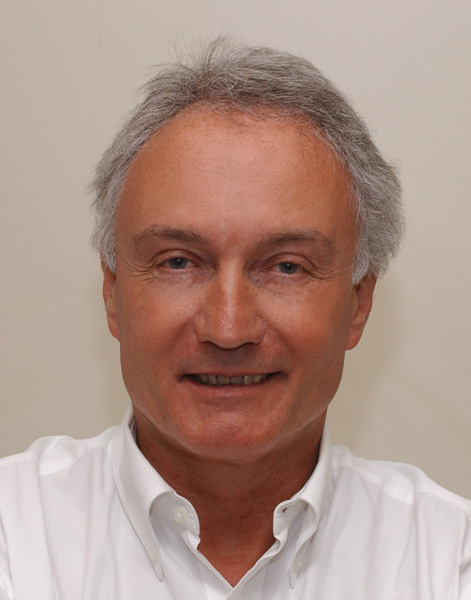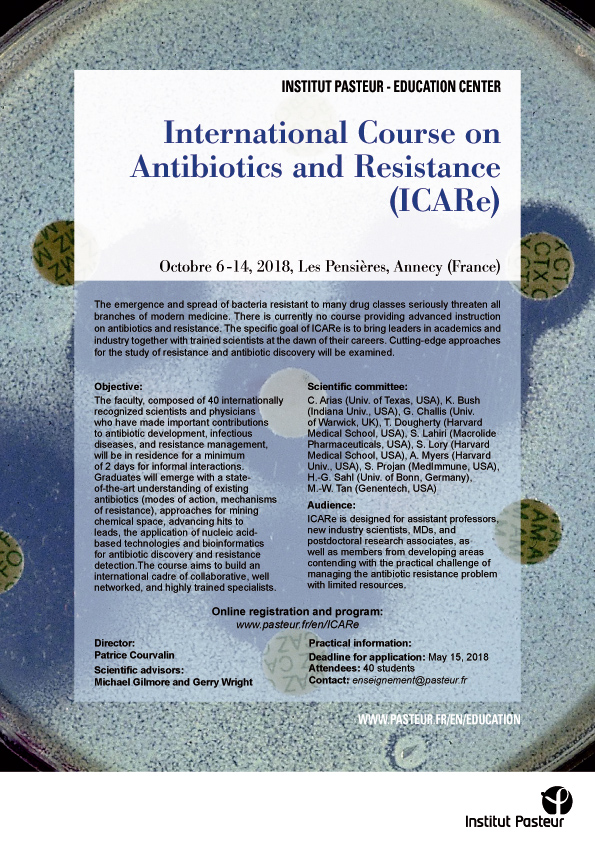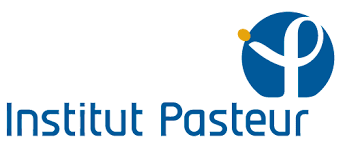International Course on Antibiotics and Resistance (ICARe)#
October 6-14, 2018, Les Pensières, Annecy (France)#
Course Director: P. Courvalin, MAE, Institut Pasteur
Scientific Advisors: M. Gilmore, Harvard Medical School, G. Wright, McMaster University
Scientific Committee: C. Arias, K. Bush, G. Challis, T. Dougherty, S. Lahiri, S. Lory, A. Myers, S. Projan, H.-G. Sahl, M.-W. Tan
Objective: The emergence and spread of bacteria resistant to many drug classes seriously threaten all branches of modern medicine. There is currently no course providing advanced instruction on antibiotics and resistance. The specific goal of ICARe is to bring leaders in academics and industry together with trained scientists at the dawn of their careers. Cuttingedge approaches for the study of resistance and antibiotic discovery will be examined.
Course: The faculty, composed of 35 internationally recognized scientists and physicians who have made important contributions to antibiotic development, infectious diseases and resistance management will be in residence for a minimum of two days for informal interactions. Graduates will emerge with a state-of-the-art understanding of existing antibiotics: modes of action, mechanisms of resistance, approaches for mining chemical space, advancing hits to leads, the application of next generation nucleic acid-based technologies for antibiotic discovery and resistance detection. The course aims to build an international cadre of collaborative, well networked, and highly trained specialists.
Audience: ICARe is designed for assistant professors, post-doctoral and ID fellows, new scientists from diagnostic, pharmaceutical industry, or from biotech, either working in or contemplating entering the field of antibiotics. Decision-makers involved in the discovery, development, and approval of new antibiotics, in the elaboration of programs for better use of antibiotics and reducing the development of resistance. From both the public and private sectors. Attendance will be limited to 40 students.
Selection criteria: Participants will be selected by the Scientific Committee that will ensure that the participants reflect the global nature of the problem with a special attention to gender equality, according to their educational background, involvement in the field of antibiotics (research projects, scientific or industrial, which could be presented during the course are welcome), decision-making responsibility in the finding of new antibiotics and of their appropriate use.
Format: The course will be administered over 8 days and will consist of formal instruction and hands-on bioinformatics.
Organizing committee: C. Grillot-Courvalin, M. Sala, B. Pansier
http://www.pasteur.fr/en/ICARe

Download: the program
 and the flyer
and the flyer .
.
Program outline#
Current Infectious disease management and antibiotic use
The problem of antibiotic resistance in the developed and developing world
Evaluation of susceptibility by phenotypic techniques and clinical categorization
Biochemistry and genetics of resistance
Overview of history and current strategies for antibiotic discovery
Modes of action and mechanisms of resistance of existing classes
Cell wall: Structure, biosynthesis, targets
Cationic peptides, polymixins, bacitracin
Outer- and Inner-membrane: Structure and function
Ribosome: Structure and function
Aminoglycosides, Tetracyclines, fusidic acid, chloramphenicol Macrolides-Lincosamides-Streptogramins, pleuromutilins, oxazolidinones
Nucleic acid synthesis, replication, transcription: Inhibitors of biosynthesis, quinolones, rifampicin, fidaxomicin
Efflux: structure-function of efflux systems and inhibitors
Efflux in P. aeruginosa and A. baumannii
Origin, mutations, and identification of resistance mechanisms
Origins of resistance genes
Mutations, selection, biological cost, compensation
Mobile genetic elements
Antibiotic discovery
Antibiotic chemical space in Gram-positives and -negatives
Antibiotic chemical matter: Natural products
Antibiotic chemical matter: Synthetics
Target vs non-target based strategies
Screens and hit generation
Antibiotic development and approval
Hit to lead
PK/PD key elements and optimizing leads Preclinical toxicity assessment, compound scale-up Pathways to approval and
commercialization
New topics in antibiotic discovery
Systems biology to guide antibiotic discovery and mode of action
Antibiotic enhancers and suppressors of resistance
Strategies for more focused applications of antibiotics
Narrow spectrum antibiotics Targeting virulence, biofilm Targeted delivery
Antibody-antibiotic conjugates
New technologies for determination of susceptibility and detection of resistance
Antibiogram interpretation
Rapid techniques and point-of-care
Mass spectrometry
New anti-infective strategies
Antibodies, vaccines, bacteriophages, CRISPR/Cas9
Bioinformatics
Choosing the DNA sequence technologies
Databases for antibiotic resistance and virulence Detection and identification of resistance genes
TnSeq, RNASeq
Bioinformatic analysis of outbreaks
Functional genomics and phylogeny
Provisional core faculty#
J. Ambler, Wockhardt Pharmaceuticals, USA
D. Andes, University of Wisconsin, USA
C. Arias, University of Texas, USA
D. Bikard, Institut Pasteur, France
E. Brown, McMaster University, Canada
K. Bush, Indiana University, USA
G. Challis, University of Warwick, UK
J.-P. Charrier, bioMérieux, France
P. Courvalin, Institut Pasteur, France
J.-D. Docquier, University of Siena, Italy
T. Dougherty, Harvard Medical School, USA
M. Fisher, St George’s University, UK
M. Gilmore, Harvard Medical School, USA
C. Giske, Karolinska Institutet, Sweden
C. Grillot-Courvalin, Institut Pasteur, France
R. Hall, University of Sydney, AU
L. Hall-Stoodley, Ohio State University, USA
D. Hooper, Massachusetts General Hospital, USA
D. Hughes, Uppsala University, Sweden
S. Lahiri, Macrolide Pharmaceuticals, USA
F. Lebreton, Harvard Medical School, USA
S. Lory, Harvard Medical School, USA
A. Mankin, University of Illinois, USA
H. Moser, Novartis, USA
A. Myers, Harvard University, USA
M. Page, Basel, Switzerland
K. Pos, Goethe University, Germany
S. Projan, MedImmune, USA
M. Pucci, Spero Therapeutics, USA
R. Rappuoli, GSK, Italy
D. Rasko, University of Maryland, USA
J. Rex, F2G, USA
G.-M. Rossolini, University of Siena, Italy
H.-G. Sahl, University of Bonn, Germany
J. Schrenzel, Geneva University Hospitals, Switzerland
M.-W. Tan, Genentech/Roche, USA
Y. Taur, Memorial Sloan Kettering Cancer Center, USA
M. Trent, University of Georgia, USA
T. Walsh, Cardiff University, UK
G. Wright, McMaster University, Canada





